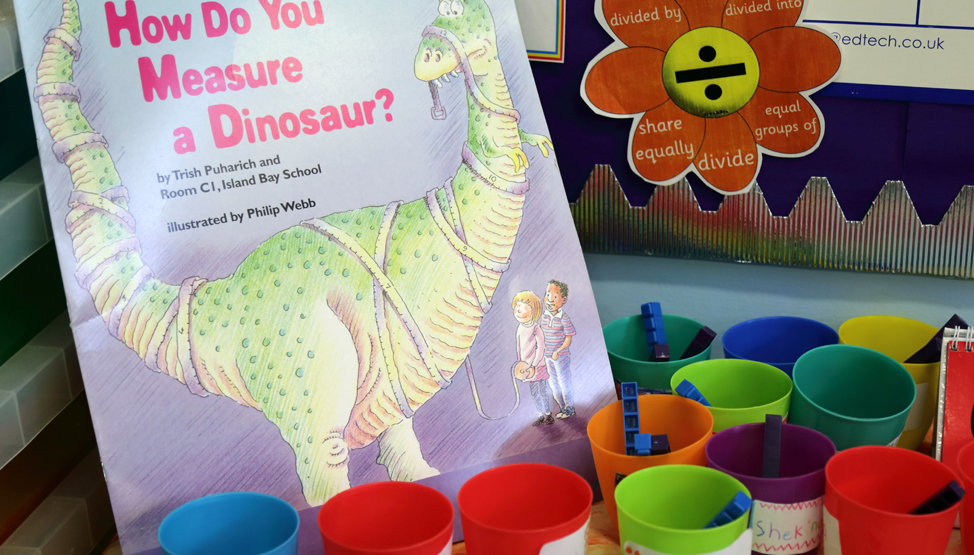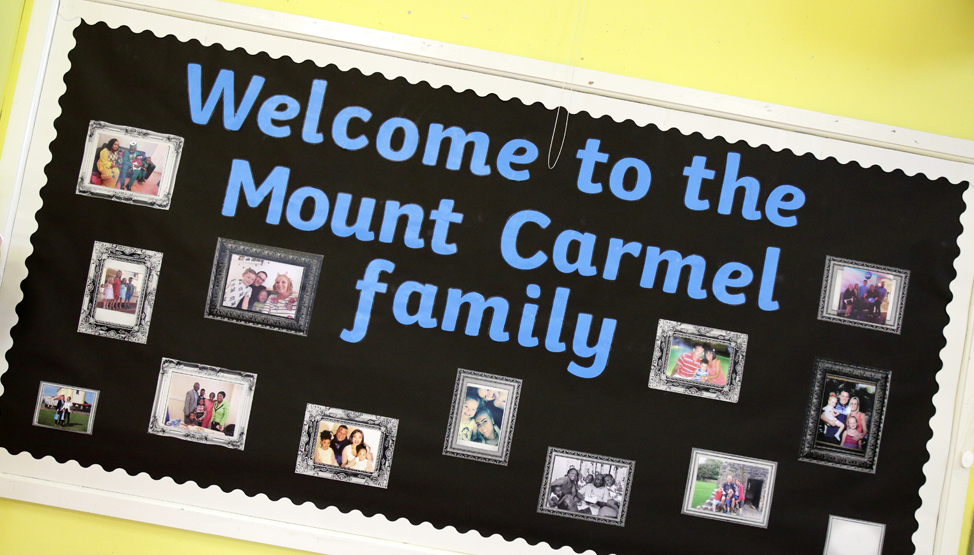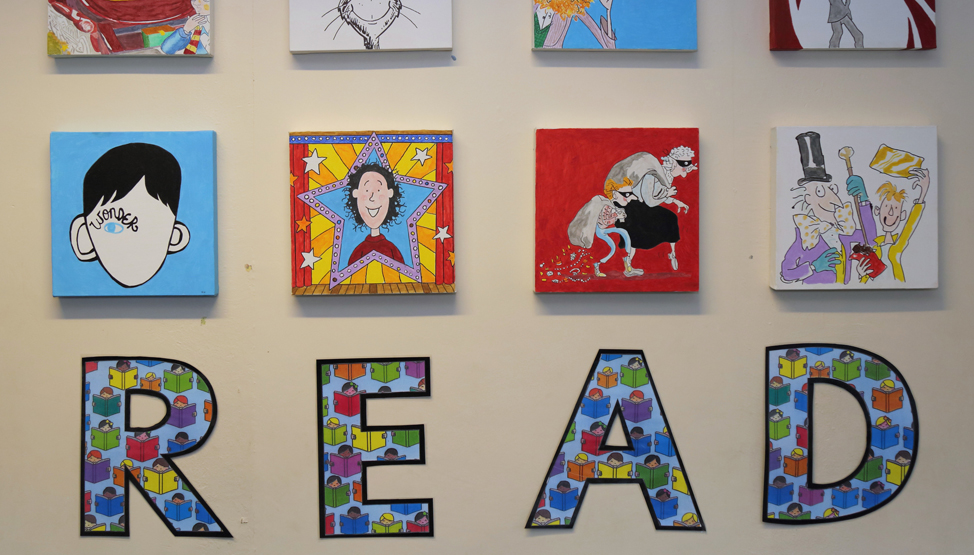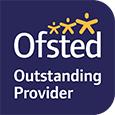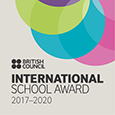RE Curriculum
Curriculum Statement – Religious Education 
Intent
Our Religious Education curriculum has been specifically tailored to meet the unique context of our school. It is designed to be broad and balanced, providing all pupils with the opportunity to master their learning and deepen the knowledge, making sense and giving purpose as to why we learn about Religion, which will help them change and transform our society, putting their faith into action.
As a Catholic school we are deeply committed to developing children’s faith, with Jesus Christ as our inspiration and Our Blessed Lady as our role model. Our vision is made real as we put our mission into practice and our deep commitment to preparing children for modern life in Britain and the wider world, with a clear and moral purpose. We challenge them to become resilient, confident and independent learners. We develop children’s knowledge and understanding of other faiths and understanding of other faiths and world religions respecting and appreciating alternative viewpoints. We recognise that the social, moral, spiritual and cultural diversity of our city and our local community are a vital resource to be investigated, to encourage curiosity, tolerance and respect and to inspire pupils to understand how life in modern Britain and the wider world is continually changing around them.
We use the Jesuit Pupil Profile to take a direct and strategic approach to the formation of the whole child. This allows our children to be able to articulate the Gospel Values in a way that is meaningful to them and allows them to be active participants in their own formation.
Implementation
The Religious Education of our pupils is the core of the core curriculum. 10% RE curriculum time is allocated across all key stages. The staffing and resourcing devoted to RE is of the highest standard. The requirements of the Religious Education Curriculum Directory are met at all key stages and standards equal or better those of literacy at all key stages, including foundation stage. Our pupils are inspired by exceptional teaching and consistently high expectations across the school through the ‘Come and See’ scheme of work. They are challenged throughout the curriculum, to engage with the ‘Big questions’ of the purpose and meaning of life as created and sustained by God. This allows for religious literacy to be developed to a very high level for all our pupils.
Our pupils, as part of their curriculum for life, are actively encouraged and supported in being pro-active citizens who participate in building a community and in appropriate decision making processes, at school, local, national and global level. A high priority is given to the appropriate formation of pupils in their understanding of, involvement in, and service to the common good.
RE process of learning:
• Title Pages are inserted into R,E, books with assessment opportunities taken from the ‘Come and See’ Scheme of work.
• Sequence of work: This includes L.O.s and challenge questions to develop greater depth and critical thinking through aspects of SMSC (Big questions). Assessment for learning is developing. We hope to challenge and empower pupils to be creative, independent and reflective learners. Assessments are carried out in various forms:
• Big questions
• Assessment tasks.
• Children are evaluated as either, Working towards Standard, at the Expected Standard or Greater Depth Standard. These assessments and outcomes are an invaluable tool for the subject leader to measure the impact of the current system. This combined with other forms of monitoring help to inform the subject leaders Position Statement and Action Plan in religion for the following school year.
Curriculum Impact
As a result of these strategies, most children:
• are well prepared for the next stage of their education as confident and enthusiastic learners who are witness to Christ in their words and actions.
• are happy, well-rounded individuals who can articulate how their Catholic education has impacted on their beliefs and values.
• produce good quality work across religion, which they are proud of.
• achieve consistently well in all areas of Religious education.
• develop detailed knowledge and skills across a range of curriculum areas.
• show compassion, justice, love and forgiveness in their relationships with others.









